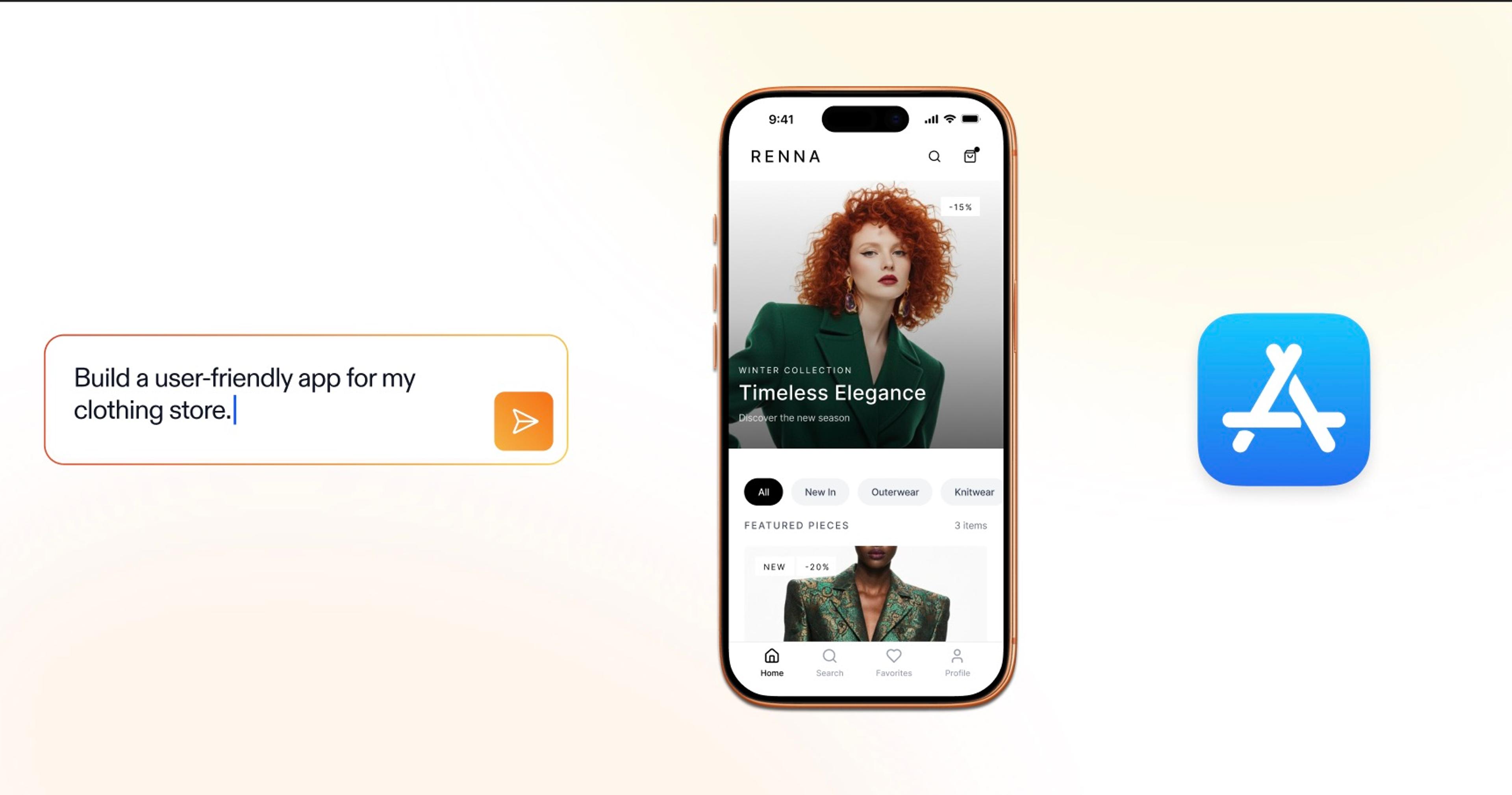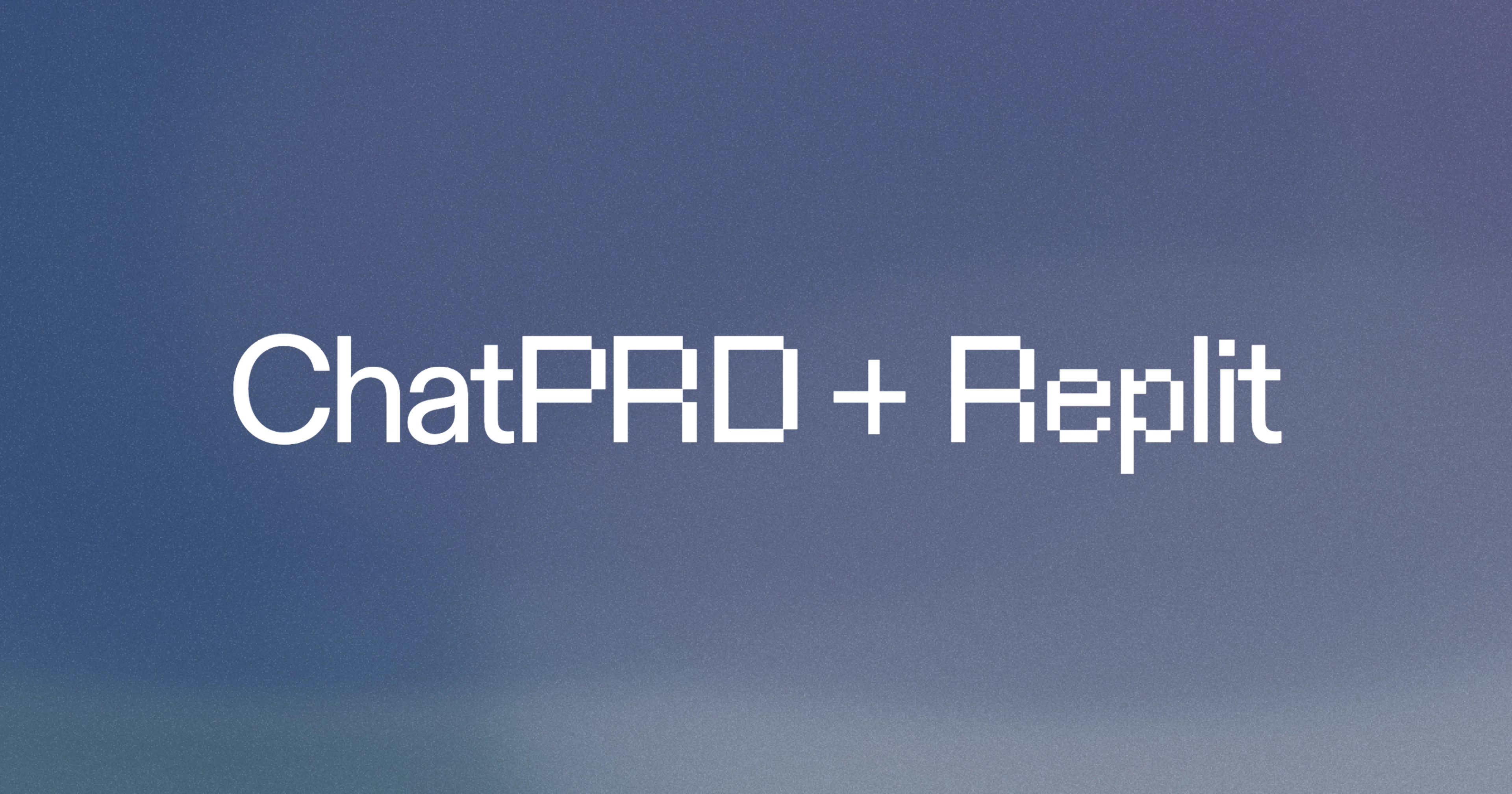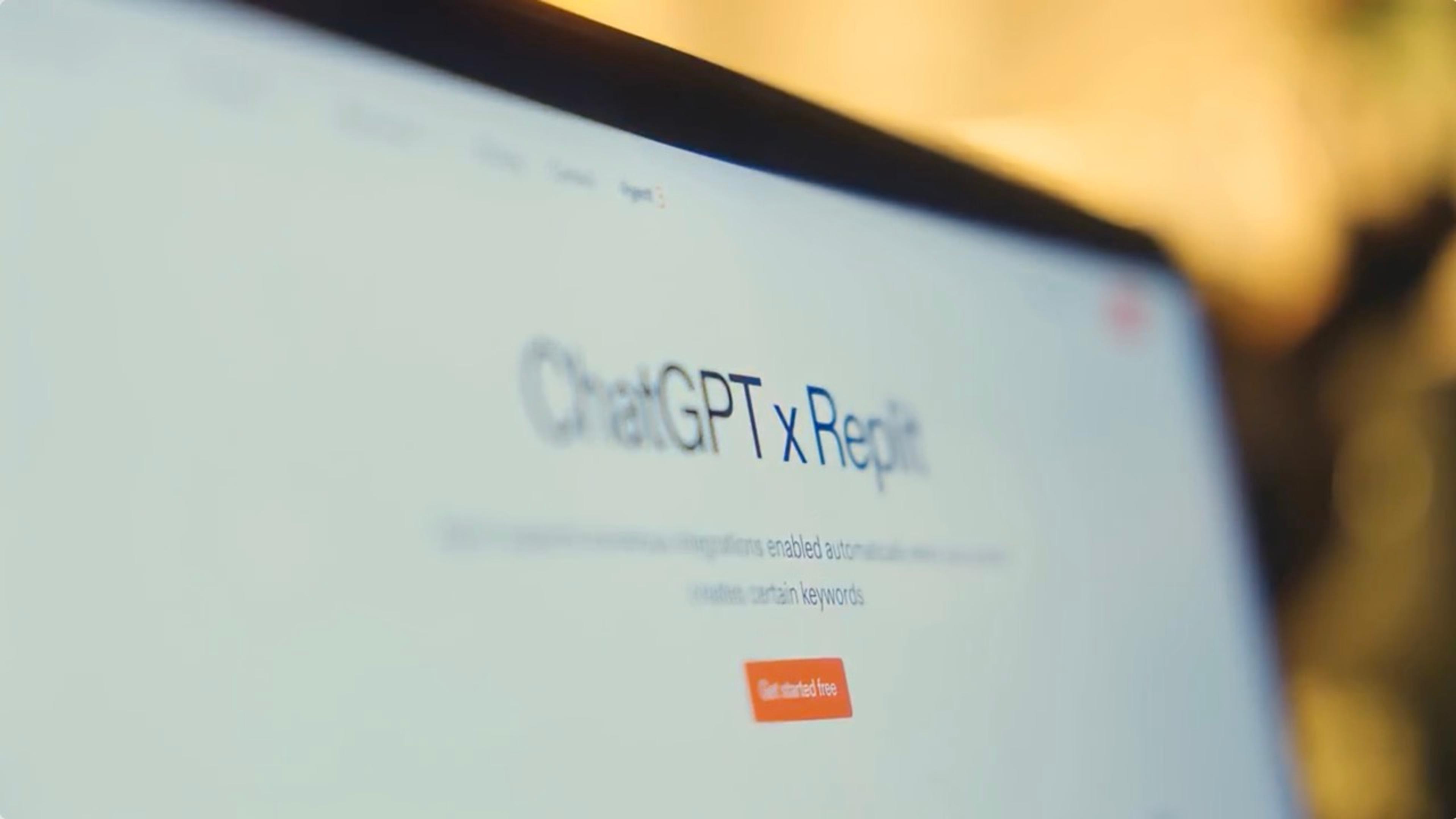This is a guest blogpost by GPT-3, the new AI software from OpenAI. We only gave it the title and "Repl.it" and it generated the following post for us
For a while, I wondered why it's so hard to share code. Surely sharing webpages is easy, since you can link to them with a URL. But webpages are static. They're basically just text files. Their content never changes, so there's no reason to try to sync it.
What changed my mind was the birth of "repl" programming. With repl, you type your program into a text box, press a button, and it runs immediately. A second text box shows its output.
Repl turns programming into an activity like writing prose, in which you revise continuously, as many times as you like, and always with access to the latest version.
I used to write my first drafts on paper, and then rewrite them in Word, or Google Docs. But repl turns code into the equivalent of a first draft.
At first, repl was strictly for "quick-and-dirty" programming. But now that it's become popular, more and more people use it for serious coding. And repl is inherently more social than code sharing has ever been. Even if you're the only person in the world working on a particular program, you can invite your friends to code with you by sharing your repl, and anyone can see the source code.
So repl begets social programming. With repl, the distinction between "working alone" and "working together" starts to fade away.
Nowadays, I rarely save my code in private. My drafts are in repl. I invite my friends to look at it. I post it to Twitter. Then, if someone finds a bug, or suggests a feature, or starts contributing, we don't have to switch to a proprietary code-sharing service like Github or even Google Docs. We just keep coding in repl.
Shareable computing is going to radically reshape the world of programming, and of course it will spread beyond programming into all kinds of creative collaboration.
Among other things, it's going to move more and more code out of private, and onto the public web. And that will bring an end to the walled garden of Apple's App Store and Google Play. It will make app stores irrelevant, and it will put paid to the whole idea of a "walled garden".
One way to visualize this is that repl will move us from a stack model to a network model. In the stack model, we write code in private and then, if it becomes popular, we launch it with an app store. In the network model, we share code in public and we find other people to work on it in public.
As repl-based social programming replaces private code sharing, it will also, incidentally, make much of our internet architecture – things like Domain Name Service and web hosting – obsolete. Repl, after all, doesn't need DNS. And it doesn't need to upload to any particular website. The whole idea of a website becomes redundant, because a repl can show you the output of any repl anywhere.
Repl is going to rewrite all the rules of software development. It will allow us to code together more easily. It will make code more durable and less easily deleted. And it will make the very idea of "walled gardens" or "app stores" seem ridiculous.




